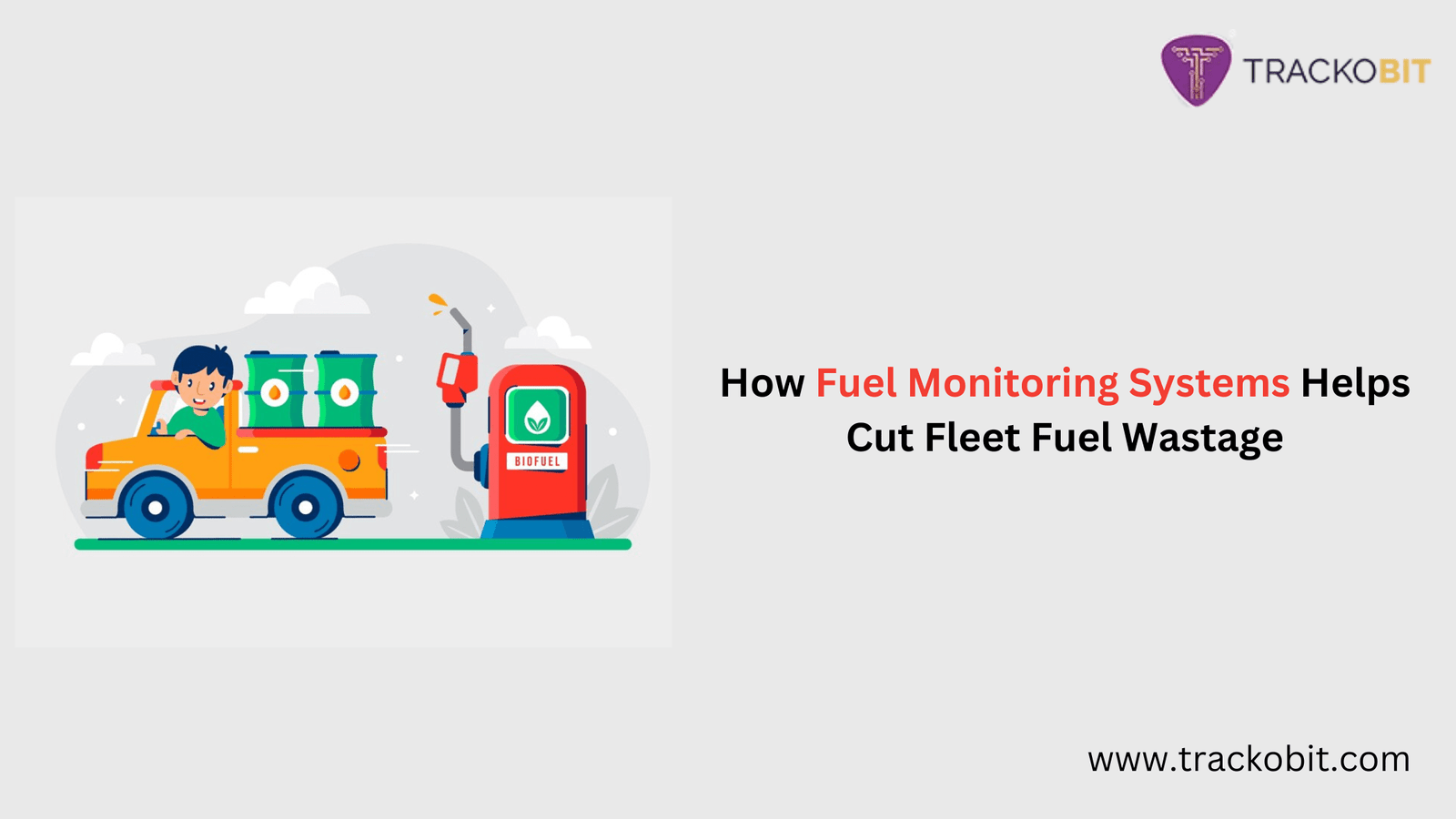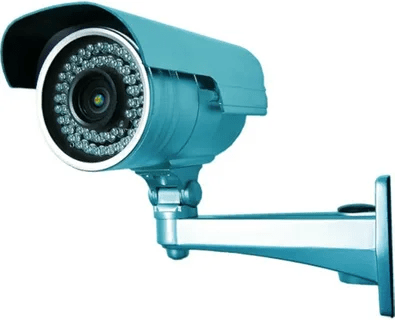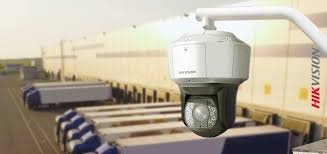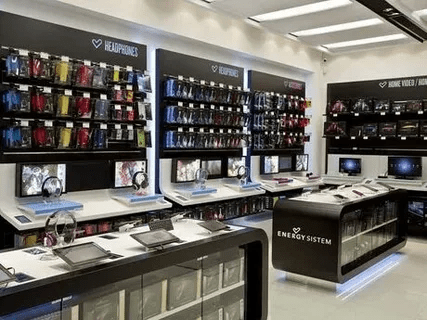A fuel monitoring system helps businesses know how much fuel is used by commercial vehicles such as trucks or delivery vans. There is a huge delivery company with dozens of vehicles plying the roads daily. It is quite a task to track the amount of fuel used by each of them.
A fuel monitoring system is the solution. This not only lets the fleet manager know how much fuel is being consumed but also at when and where it is being consumed. This information is collected by sensors which are fitted inside the vehicles. It then sends data back to a centralized system or an app on a smartphone in real-time.
Using Fuel Management Solutions to Reduce Fuel Wastage In Commercial Fleet
- Detection of Idling Time: Drivers, sometimes keep the engine on with the vehicle parked. This is called idling and it wastes a huge amount of fuel. The fuel monitoring system can alert the managers if a certain vehicle remains idle for over set time. Also, the same can be discussed with the driver too.
- Route Planning Software: With the fuel usage data and traveled routes, managers can know which routes are costlier and optimize them. If some route, for instance, consistently uses up more fuel, the fleet manager can devise an alternative route to save both time and fuel.
- Fuel Theft Detection: Fuel theft has been considered the major problem in most big fleets. Thus, this system will be able to detect any abnormal usage pattern of fuel. It will track an abnormal abrupt decline in the level of fuel that might indicate a case of theft. The fleet manager would receive instant alerts and take the necessary actions.
- To Promote Safe Driving: The system would also monitor how the vehicles are driven. It calculates and prepares data on fuel wastage by acceleration or braking hard. So, if needed, training the drivers on smoother and economical driving practices could be done by managers.
- Maintenance Schedules: Vehicles that are not maintained properly consume more fuel. A fuel monitoring system can remind the management to do regular maintenance checks on automobiles to ensure efficiency in running them.
6: Data-Driven Decisions: In general, the data that comes out of these systems gives an overall picture of fuel usage throughout the fleet. A manager would be in a good position to make wise decisions about which vehicles might need to be replaced or which routes may need to be improved. The use of real data encourages action that saves waste fuel.
How Do Fuel Monitoring Systems Prevent Unauthorized Fuel Usage
The reason fuel monitoring systems are important in fleet commercial vehicle management is the easy prevention of unauthorized fuel usage.
Fuel management system software accounts for every drop so that every business and firm running on large fleets can keep the vehicles in satisfactory condition as well as run their businesses effectively and cost-effectively.
1. Real-Time Monitoring
The fuel fleet tracking software will track the fuel levels as well as their usage for a vehicle in the fleet in real-time. This means that fleet managers can immediately see how much fuel is being used, where, and by which vehicle.
They can quickly identify any unusual patterns that could indicate unauthorized usage, such as unexpected drops in fuel levels or inconsistent refueling patterns.
2. Alerts and Notifications
The software. can be configured to provide alerts on the violation of the threshold. For instance, if a vehicle has been fueled at other than the predetermined locations and times or if, at some point, there is an unexpected sharp fall of the fuel level.
It will inform the fleet manager. Thus, proper investigation and action could be conducted ahead of potential theft and misuse.
3. Driver Identification
Many fuel monitoring systems can identify which driver is operating which vehicle using driver ID cards or even logging electronic devices.
If their fuel consumption can be tied to a particular driver, fleet managers can clearly pinpoint individuals accountable for their fuel usage to discourage unauthorized use.
4. Reduction in Fuel Theft
Unauthorized fuel usage often happens through siphoning or misreporting fuel purchases.
Fuel monitoring systems reduce this risk by ensuring that fuel consumption is consistently tracked and matched against GPS data, refueling transactions, and vehicle activity logs.
This makes it difficult for anyone to divert fuel for unauthorized purposes without detection.
5. Cost Control and Efficiency
By preventing unauthorized fuel usage, these systems help companies save money and improve overall efficiency.
Excessive fuel consumption due to misuse or theft can significantly increase operational costs. With fuel monitoring systems, businesses can maintain more accurate fuel budgets and optimize their fleet operations.
Before You Go!
A fuel monitoring system is vital for preventing unauthorized fuel consumption in commercial fleets. They provide the tools and data necessary to detect theft, promote efficient fuel use, and improve overall fleet management. These systems help save money and ensure resources are used wisely.
With software like TrackoBit, fleets can see details about fuel consumption and vehicle use. They will know how much fuel a given vehicle used at what time remotely.









































































































































































































































































































































































































































































































































































































































































































































































































































































































































